China Downstream: The Tentacles of Indonesia’s Nickel Oligarchy, Part 3
By Project Multatuli & Viriya Singgih, February 2, 2024
Part 1 Part 2 Part 3 Part 4 Part 5
2. PT Aneka Tambang
Nickel Concession: 81,424.5 hectares
Operating Areas: Southeast Sulawesi, North Maluku, and West Papua
Nickel Resources: 1.31 billion tons
Nickel Ore Production: 8.62 million tons (2022)
PT Aneka Tambang (Antam) is the primary nickel producer of the Indonesian government under the control of the state-owned mining parent company, PT Mineral Industri Indonesia (Mind ID). Together with its subsidiaries it holds 11 nickel mining concessions covering 81,424.5 hectares in four different districts: Kolaka and North Konawe (Southeast Sulawesi), East Halmahera (North Maluku), and Raja Ampat (West Papua). They control nickel resources totaling 1.31 billion tons, with total reserves of 462 million tons.

The predecessor of this company was the Public Management Authority of State Mining Companies (BPU Pertambun), established in 1961 to manage all government mining companies and projects outside the oil and gas, coal, and tin sectors. This included PN Tambang Bauksit Indonesia, PN Tambang Emas Cikotok, PN Logam Mulia, PT Nikkel Indonesia, and several other projects.
In 1968, the government merged BPU Pertambun and various companies and mining projects under it into a new entity named PN Aneka Tambang, which became PT (limited liability company) by the end of 1974.
For the nickel business, PN Aneka Tambang continued several legacy projects of PT Nikkel Indonesia. One of them was the project on Maniang Island, Kolaka, taken over from PT Pertambangan Toraja. The latter had reportedly illegally exported nickel to Japan from 1956-1960, initially by using leftover ore piles from the Japanese occupation before starting mining themselves in 1959. Under the banner of PT Nikkel Indonesia, shipments to Japan resumed.
In 1961, Sulawesi Nickel Development Corp, also known as Sunideco, expressed interest in nickel mining in Sulawesi. Sunideco was a consortium of five Japanese companies: Sumitomo Metal Mining, Nippon Mining, Nippon Yakin Kogyo, Shimura Kako, and Pacific Metals. The Indonesian government declined the proposal. Negotiations were conducted so that Indonesia could mine with Sunideco’s technical assistance, and in return, (it) would receive nickel ore supply from Sulawesi.
Represented by BPU Pertambun, Indonesia then signed an agreement with Sunideco at the end of 1962. Sunideco agreed to lend US$1.35 million for the development of a nickel mine in Pomalaa covering 8,700 hectares. The condition was that PT Nikkel Indonesia had to produce 120,000 tons of nickel ore per year for seven years, 40% of which would be handed over to Japan to pay off the investment debt plus interest. The remaining 60% of production would be sold commercially. This was the first profit-sharing collaboration between Indonesia and foreign parties in the metal minerals sector.

https://projectmultatuli.org/cina-di-hilir-gurita-oligarki-nikel-indonesia/
In late 1962, PT Nikkel Indonesia began nickel mining operations on Lemo Island, about 12 km from Maniang Island. Mining there continued until 1977, and reportedly produced 147,000 tons of nickel ore.
In the 10 years after Indonesia partnered with Sunideco, annual nickel ore exports from Maniang Island, Lemo Island, and Pomalaa continued to increase from just 30,950 tons in 1963 to 838,358 tons in 1972.
PT Aneka Tambang gradually expanded its operating areas, including to Gebe Island and Gee Island in North Maluku, and built its own processing plants. As of 2023, the company was operating three smelters in Pomalaa and one in Tanjung Buli, East Halmahera, with a combined production capacity of up to 40,500 tons of nickel in ferro-nickel per year.
Foreign Miners
In 1998, the Indonesian government entered into partnerships with two foreign miners. The first was BHP Asia Pacific Nickel, a subsidiary of Australia’s Broken Hill Proprietary (BHP), to mine nickel on Gag Island, West Papua, through the local entity PT Gag Nikel. The second was Strand Minerals, a subsidiary of Canada’s Weda Bay Minerals, to develop nickel in Halmahera Island, North Maluku, through PT Weda Bay Nickel.
Contracts of Work between the government and PT Gag Nikel and PT Weda Bay Nickel were signed in 1998, each for concessions of 13,136 hectares and 45,065 hectares, respectively. From there, PT Antam obtained 25% of PT Gag Nikel’s shares, and 10% of PT Weda Bay Nickel’s shares, without having to contribute funds (free-carried interests).
After 10 years of exploration and various studies, BHP decided to withdraw from the Gag Island project, which was deemed less prospective. Consequently, PT Antam acquired all of BHP Asia Pacific Nickel’s shares by the end of 2008, thereby gaining full control of PT Gag Nikel. The company was noted to have produced nickel ore in 2018.
On the other hand, the French mining company Eramet S.A. acquired Weda Bay Minerals in May 2006, thus holding a 90% stake in PT Weda Bay Nickel through Strand Minerals.
In 2017, Eramet signed a cooperation agreement with Tsingshan Holding Group, a giant stainless-steel producer from China, for the development of PT Weda Bay Nickel’s operations. As a result, Tsingshan took control of 57% of Strand Minerals, while the rest was held by Eramet.
After securing ore supply from PT Weda Bay Nickel, Tsingshan, along with several partners from China, established the Weda Bay Industrial Zone in Central Halmahera in 2018. This area, which has been listed as a National Strategic Project (PSN) since November 2020, is managed by PT Indonesia Weda Bay Industrial Park (IWIP), and covers an area of about 5,000 hectares as of 2022.
Tsingshan now indirectly controls 46% of PT IWIP’s shares. Two Chinese companies, Zhenshi Holding Group and Huayou Holding Group, each control 24%. While the Chinese battery manufacturer Contemporary Amperex Technology (CATL) holds 6%.
Nearly 22 years after signing the Contract of Work, PT Weda Bay Nickel finally began production in October 2019. It produced 21 million tons of nickel ore in 2022, which was sold to various processing facilities nearby, precisely to 17 RKEF plants for processing into ferro-nickel, and one HPAL plant producing nickel-cobalt for electric vehicle batteries.
Nickel ore was also sent to PT Weda Bay Nickel’s own RKEF plant in the PT IWIP area, which began operations in 2020 and produced 37,000 tons of nickel in ferro-nickel in 2022.
Considering Indonesia’s abundant nickel supply, and the global trend in electric vehicle development and usage, the government established PT Industri Baterai Indonesia (IBC) in April 2021 to build an integrated domestic electric vehicle battery industry from upstream to downstream.

Mind ID directly controls 25% of IBC shares and another 25% through PT Aneka Tambang. Meanwhile, two state-owned energy enterprises, PT Pertamina and PT PLN, each hold 25%. All these companies are under the supervision of Mr. Erick Thohir, a businessman and the Minister of SOE from 2019 to 2024.
Minister Erick’s older brother, Mr. Garibaldi “Boy” Thohir, is a coal tycoon who has recently ventured into the nickel and aluminum processing sectors for electric vehicle battery raw materials, mainly through PT Adaro Minerals Indonesia and PT Merdeka Battery Materials.
Ambitious Targets
IBC has set ambitious targets for 2030 to build RKEF and HPAL nickel smelters and various factories, including those to produce electric vehicle raw materials, electric vehicle batteries, as well as electric motorcycles and cars. It also intends to build battery exchange stations, and battery recycling facilities.
To achieve this, Indonesia has begun collaborating with several foreign partners. In mid-2021, the government and IBC signed a memorandum of understanding with LG Energy Solution, a battery company, and Hyundai Motor Group, a South Korean automaker, to build a battery cell factory in Karawang, West Java, worth US$1.1 billion (Rp16.9 trillion).
PT Aneka Tambang has prepared its subsidiary PT Nusa Karya Arindo, which holds a nickel concession covering 20,763 hectares in East Halmahera, as a nickel ore supplier for this project. The plan is for a South Korean consortium of companies to take over 49% of PT Nusa Karya Arindo’s shares.
In early 2023, IBC signed another agreement with Citaglobal Berhad from Malaysia for the development of battery cell and battery energy storage system factories.
In 2022, PT Aneka Tambang also secured a deal with CNGR Advanced Material from China to build a battery raw material industrial zone in Pomalaa, Southeast Sulawesi.
PT Aneka Tambang’s subsidiary, PT Kawasan Industri Antam Timur, will manage the area. CNGR Advanced Material, through its subsidiary PT Pomalaa New Energy Materials, will build a matte nickel plant with a production capacity of 80,000 tons per year, expected to be operational by 2025.
CNGR Advanced Material has been investing in Indonesia since 2021, starting with the construction of a matte nickel plant with a production capacity of 60,000 tons per year in the Morowali Industrial Park, Central Sulawesi. With an area of 4,000 hectares as of 2022, the area is being developed by Tsingshan in collaboration with Bintangdelapan Group, affiliated with Lt. Gen. (Retd) Sintong Panjaitan, through PT Indonesia Morowali Industrial Park (IMIP).
In 2022, CNGR Advanced Material also entered the PT IWIP industrial zone. It plans to establish a new matte nickel plant there with a production capacity of 120,000 tons per year.
In the same year, together with Walsin Lihwa Corp from Taiwan, and Jhonlin Group owned by businessman Andi Syamsuddin Arsyad (Haji Isam), they started building another smelter in the Special Economic Zone of Setangga in Tanah Bumbu, South Kalimantan, through PT Anugerah Barokah Cakrawala. In the initial stage, this smelter is expected to produce 40,000 tons of matte nickel per year.
Ningbo CBL
Returning to PT Aneka Tambang, this SOE signed an agreement with IBC and Ningbo Contemporary Brunp Lygend (CBL) in 2022 for the development of the domestic electric vehicle battery industry. From there, PT Antam agreed to sell 49% of its subsidiary, PT Sumberdaya Arindo, to Hong Kong CBL, a subsidiary of Ningbo CBL. PT Sumberdaya Arindo holds a nickel mining concession covering 14,421 hectares in East Halmahera.
Ningbo CBL is controlled by three companies: Ningbo Brunp Contemporary Amperex, Ningbo Meishan Free Trade Port Ruiting Investment, and Ningbo Lygend New Energy.
Ningbo Brunp Contemporary Amperex is a subsidiary of Contemporary Amperex Technology (CATL), the world’s largest electric vehicle battery supplier from China. Ningbo Meishan Free Trade Port Ruiting Investment, owned by Hong Kong conglomerate Robin Zeng Yuqun, is the controlling shareholder of CATL. Ningbo Lygend New Energy is a subsidiary of Lygend Resources & Technology, a Chinese nickel trading company whose shares are indirectly controlled by CATL.
Merdeka
CATL also controls 5% of PT Merdeka Copper Gold through Hong Kong Brunp and Catl. PT Merdeka Battery Materials, a subsidiary of PT Merdeka Copper Gold, controls PT Sulawesi Cahaya Mineral, which holds a nickel mining concession covering 21,100 hectares in Konawe, Southeast Sulawesi.
Further, the Chinese electric vehicle battery raw material producer Zhejiang Huayou Cobalt holds a 7.55% stake in PT Merdeka Battery Materials through its subsidiary Huayong International.
PT Merdeka Copper Gold is a local mining company jointly owned by several conglomerates, including Boy Thohir, Edwin Soeryadjaya, Sandiaga Uno, and Winato Kartono.
Since 2018, Lygend Resources & Technology has been collaborating with the Harita Group to build HPAL and RKEF nickel smelters on Obi Island in South Halmahera, North Maluku province.
The Harita Group, controlled by the conglomerate family of Lim Hariyanto Wijaya Sarwono, has business interests in nickel, bauxite, and coal mining, palm oil plantations, shipping, and more. It should be noted that Lim Shu Hua (Cheryl), the granddaughter of Lim Hariyanto, also indirectly holds a 16.94% stake in Lygend Resources & Technology.
Panama Papers
Based on the findings of the Panama Papers investigation released by the International Consortium of Investigative Journalists (ICIJ) in 2016, the Lim Hariyanto family has several companies registered in Seychelles, a tax haven in the Indian Ocean. His son, Lim Gunawan Hariyanto, and two grandchildren from Lim Gunawan, Cheryl and Lim Chuan Loong (Brian), are listed as shareholders of Wealth Harvest Family. Cheryl also owns shares in two other companies: Tryllion and Sage Corp.
As of 2023, the Harita Group holds five nickel mining concessions covering 11,498.23 hectares on Obi Island through PT Trimegah Bangun Persada group and two other concessions covering 1,808.9 hectares in Konawe and Konawe Islands through PT Gema Kreasi Perdana. The total reserves and resources of nickel ore in the operational area of PT Trimegah Bangun Persada alone are claimed to reach 302 million tons.
The HPAL smelter on Obi Island is being built in three phases. The first and second phases were carried out by PT Halmahera Persada Lygend (HPL), with 45.1% of its shares controlled by PT Trimegah Bangun Persada and the rest held by Lygend Resources & Technology.
In these two phases, PT HPL has built three production lines for nickel-cobalt compounds with a total capacity of 55,000 tons per year. For this, PT Trimegah Bangun Persada agreed to supply a minimum of 8 million tons of nickel ore per year to PT HPL until December 2030.
In addition, each year, PT HPL’s plant is capable of producing 240,000 tons of nickel sulfate, used for electric vehicle battery precursor production. The inaugural export of PT HPL’s nickel sulfate to China was conducted in June 2023.
The construction of the third phase is currently being carried out by PT Obi Nickel Cobalt (ONC), which plans to add three new production lines to produce 65,000 tons of nickel-cobalt compounds per year. It is targeted to be fully operational in the first quarter of 2024.
Lygend Resources & Technology indirectly controls 60% of PT ONC’s shares. Cheryl, the granddaughter of Lim Hariyanto, controls another 30% through Li Yuen, a Singapore-based company. The remaining 10% is held by PT Trimegah Bangun Persada.
For the RKEF smelter on Obi Island, construction is carried out in two phases, each undertaken by a joint venture between PT Halmahera Jaya Feronikel (HJF) and PT Karunia Permai Sentosa (KPS). From there, there will be a total of 20 ferro-nickel production lines by 2025 with a capacity of 280,000 tons per year.
Lygend Resources & Technology owns 36.9% of PT HJF’s shares, and 65% of PT KPS’s shares, while the rest is controlled by PT Trimegah Bangun Persada.
All the cooperation between Lygend Resources & Technology and the Harita Group is part of a long-term plan to develop the Obi Island Industrial Zone with an area of about 15,000 hectares, and an investment value of Rp31.3 trillion ($2.086 billion). This area, which has been listed as a National Strategic Project (PSN) since November 2020, is managed by PT Dharma Cipta Mulia (DCM). As of 2023, PT DCM is still busy preparing the master plan and feasibility study report for this project.
Lygend Resources & Technology indirectly controls 60% of PT DCM shares, while the rest is held by PT Trimegah Bangun Persada.
Part 1 Part 2 Part 3 Part 4 Part 5
This article is based on https://projectmultatuli.org/cina-di-hilir-gurita-oligarki-nikel-indonesia/.
In related news:
- https://www.bbc.com/indonesia/articles/cqvnq8eev8wo
- https://nasional.kompas.com/read/2024/03/23/12470211/mk-tidak-melarang-penambangan-di-pesisir-dan-pulau-kecil-selama-tak-langgar
- https://x.com/jatamnas/status/1770674646205268263?s=20
- https://bisnis.tempo.co/read/1460228/kembangkan-smelter-nikel-antam-gandeng-alchemist-metal-gunbuster-nickel
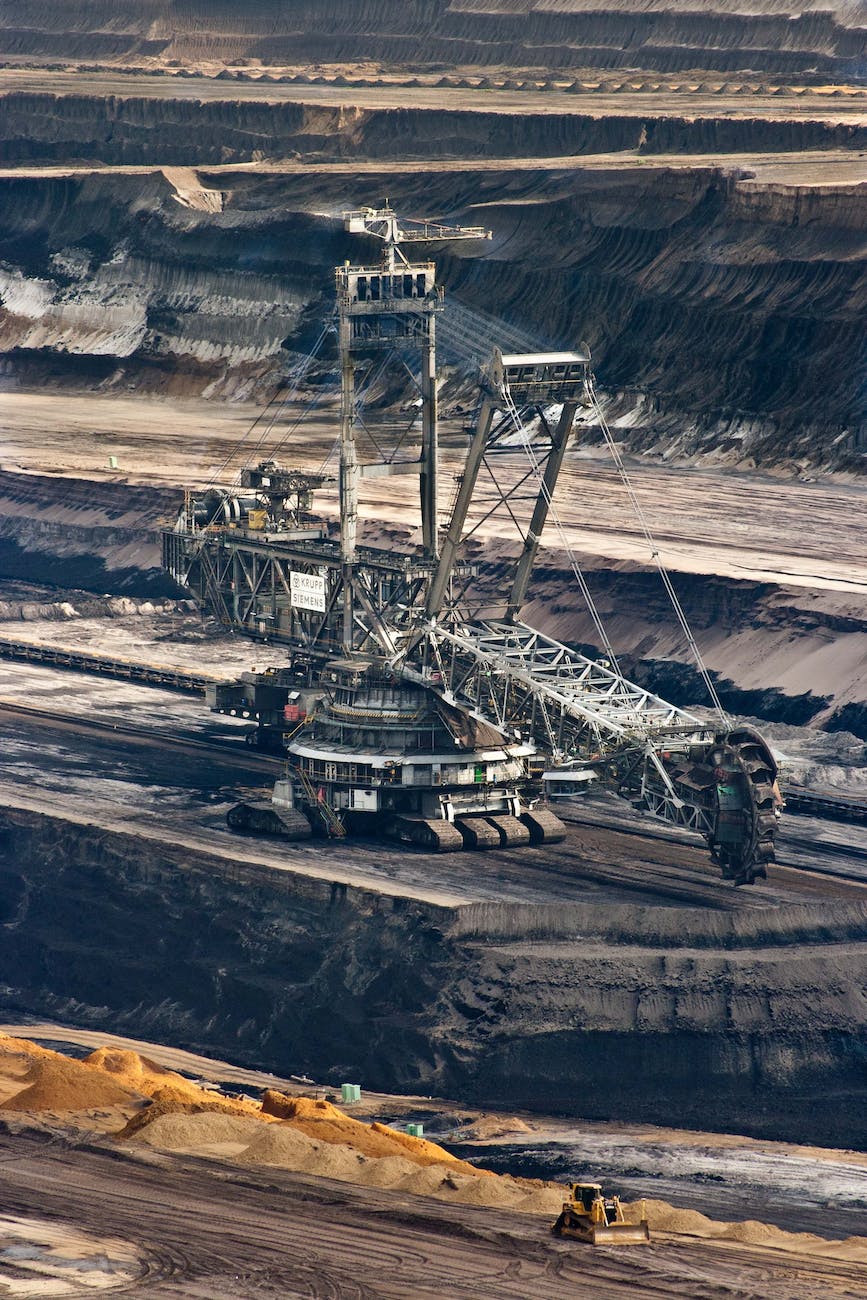
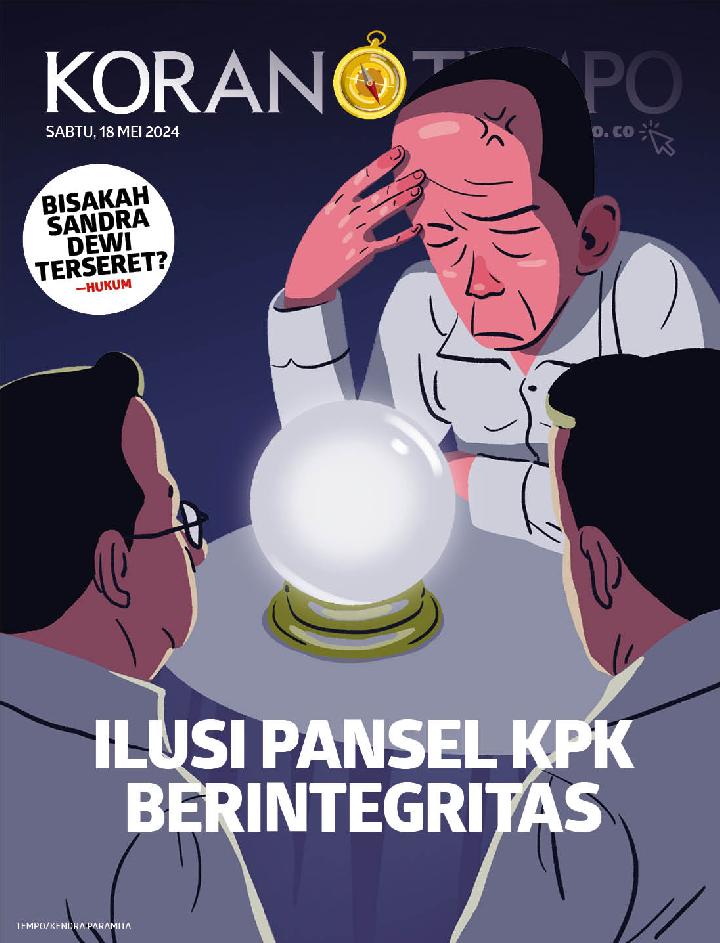
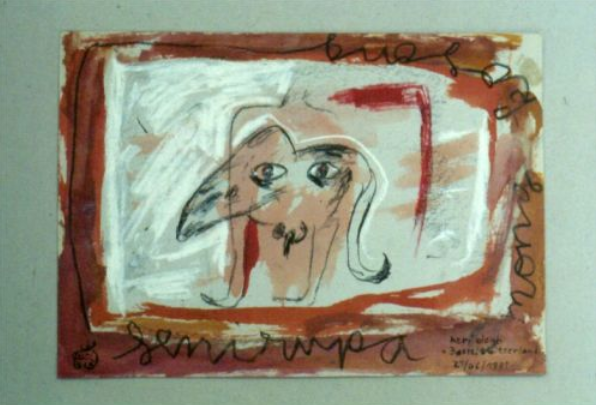
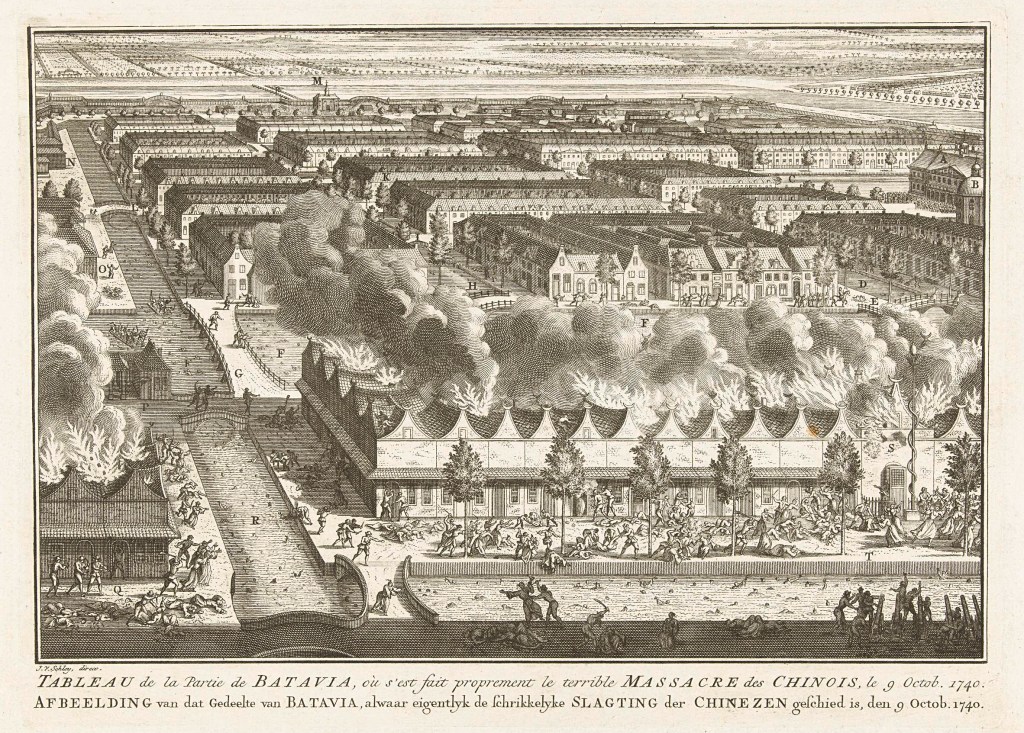
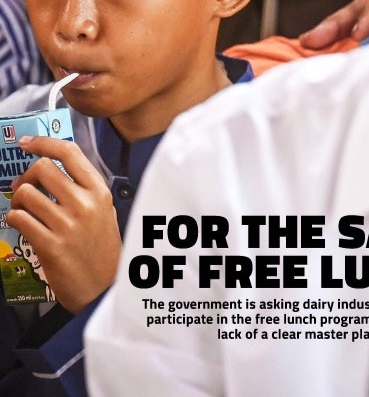
Leave a Reply